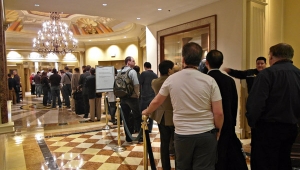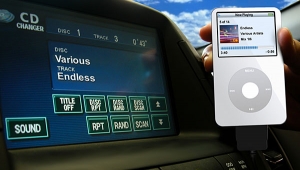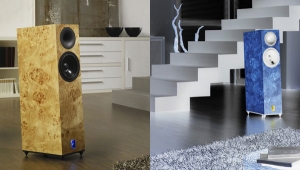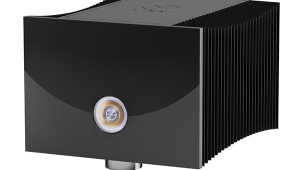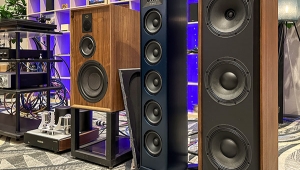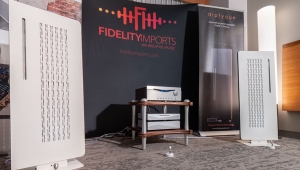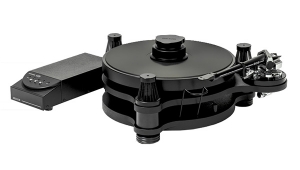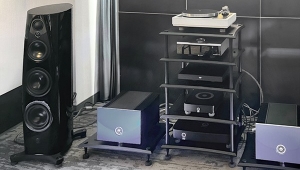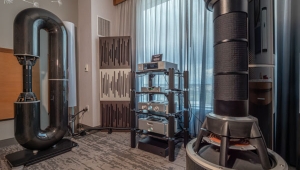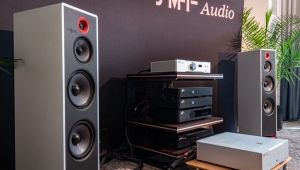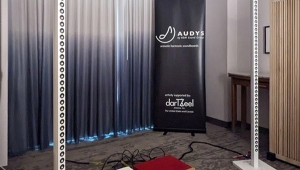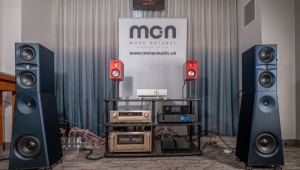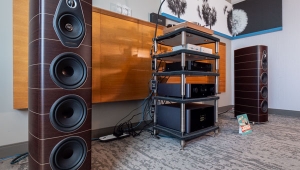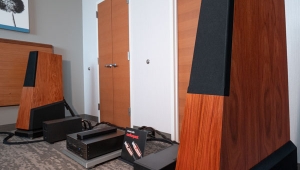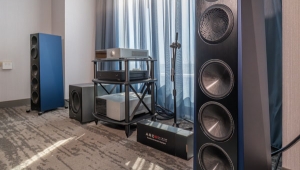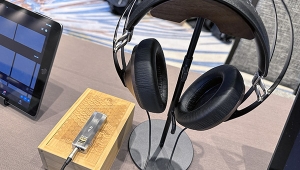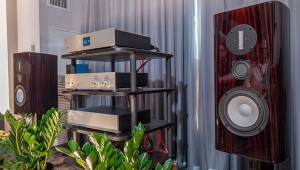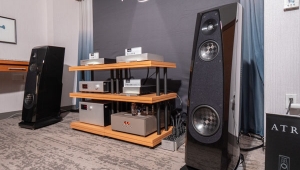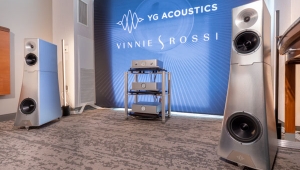| Columns Retired Columns & Blogs |
We've already witnessed a decline in availability of certain medium products (open-reel, LP) which audiophiles would, by and large, just assume to have continued access to. With the increasing hegemony of computer dominated media that current youth prefer, we are likely going to see a decline in hard-copy sales of music (i.e., CDs). Worse still, the audio division of home entertainment has already been converted, in large degree, to the fancy of home theater enthusiasts. The digitizing of all forms of information is leading to an acceptance of lower quality yet more ergonomic forms of music. This is likely to continue, and may well rear its head in the form of pay-per-listen music and other derivations of direct digital stereo. Most audiophile quality products will end up being designed around home-theater applications. Just as TV destroyed a long tradition of reading, so too will surround-sound home theater destroy home audio. Until then, however, my money's invested in tubes and vinyl.

